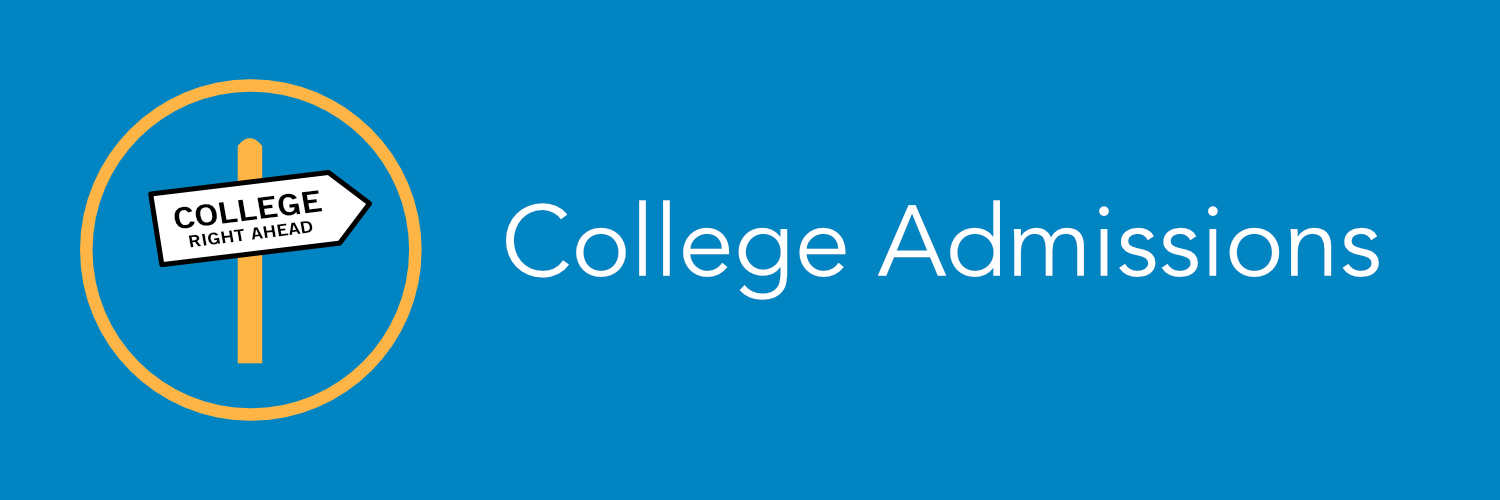 By Aylise Grossenbacher-McGlamery
By Aylise Grossenbacher-McGlamery
Pre-med: you’re in college, and you’ve got your eyes on medical school.
(Pre) pre-med: you’re in high school, and you like to plan ahead.
Many people will, before college and throughout it, spend at least a little bit of their time on the road to medical school. Some will quickly decide that it’s not for them. Some will spend a semester, a year, or three years on it before taking a different turn. Such changes are normal and even desirable, depending on who you are, and nobody expects you to have your life perfectly planned out in high school. If you’ve really got your sights set on a career as a medical doctor, though, here are a few steps you can take now to help ensure that you get where you’re going.
Tip 1: Take Your AP Classes
One not-so-fun fact about medical schools is that most of them will not accept your AP credit in prerequisite science classes, even if your undergraduate institution does. Your score on the AP Physics exam might exempt you from taking General Physics according to your college’s rules, but if you’re planning on applying to medical schools someday, they will want to see that you’ve taken that class in college. You will therefore probably have to take your entry-level science classes over again.
Hear me out, though: you definitely want to take those APs anyway.
You will never regret the early exposure. Apart from the fact that universities like to see that you’ve sought out challenges in your coursework, your freshman-year-of-college-self will thank you. It’s inexpressibly useful to have taken AP Chemistry before walking into a General Chemistry class in college; it may mean the difference between an A or a C, a good semester or a terribly stressful one. Entry-level science classes are usually fast-paced and quite large (depending on where you go), and they tend to take no prisoners. You want to have prior experience with the material. Whether you can use the credit or not, take advantage of your AP classes.
Tip 2: Keep Your Mind Open About Majors
Many people believe that you have to major in science in order to be pre-med. This is not the case. It is true that most pre-meds major in some type of science, and these are the degrees that will have the most overlap with your medical school prerequisites, but there are also people in medical school who majored in Anthropology, History, English, Art, and just about everything under the sun. So long as you take the required science classes, and do well in them, you will be prepared to take the MCAT and eligible to apply for medical school. Your undergraduate major does not necessarily have to fall in line.
Keep your mind open. Think about what other areas interest you, what else you might want to learn about, what else you might want to do after college. For a lot of prospective doctors, the answers to all of these questions still fall somewhere within the hard sciences, but it’s good to remember that you have options. Majoring in something that isn’t science will not injure your chances. In some ways, it can even give you a slight leg up, simply by making you stand out a little in the sea of applicants. Medical schools like to see well-rounded students, people who can both predict the products of an organic reaction and write a coherent paper. Your undergraduate years are an opportunity for exploration, and you are allowed to use them as such – it doesn’t all have to be about proteins and cell cycles.
Tip 3: If you are one of the Certain And Motivated Few …
Check the colleges on your list for special pre-medical programs. Some places have programs in place that allow students early or guaranteed admittance to medical school, provided they meet certain requirements; some have fast-track programs that take students directly through undergraduate and medical school in a shorter-than-normal timespan. Such programs are not for the faint of heart, and they generally come with drawbacks of their own, but they can be good opportunities for select students.
Proper research is critical. Programs of this type will generally not provide acceptance to medical schools other than the institution’s own, and they often come with special requirements or fast-paced curricula. They may turn out to be quite rigid in the options they allow their participants, in terms of both coursework and educational timeline. If you are quite certain of your desire to go to medical school, such programs are worth looking into, but they are not for everyone. It’s important to remember that they do not necessarily provide a “better” route to medical school, only a different one – and if you know where you’re going, the traditional route will get you there just as surely.




